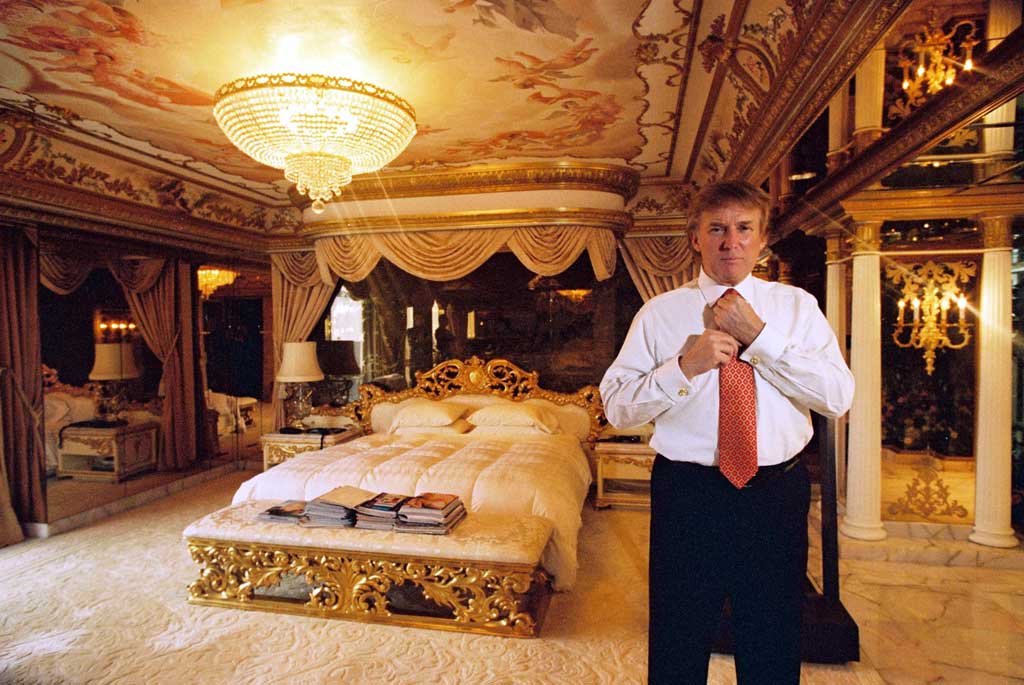Plutocrats, By Chrystia Freeland
The very rich are still different but, in a global economy, their power shows a fresh face

Let me tell you about the very rich. They are different from you and me." So says the narrator at the start of F Scott Fitzgerald's short story "The Rich Boy". He explains that people who are born rich believe "deep in their hearts that they are better than we are because we had to discover the compensations and refuges of life for ourselves."
We remain as fascinated by huge wealth now as Fitzgerald's narrator did 90 years ago, but the world's very rich now are quite different to those American families Fitzgerald was writing about in the 1920s, in two main ways. First, most billionaires even in the US have made their own money, and in the emerging world virtually all have done so. Forbes magazine classifies 840 of the 1,226 people it ranked this year as billionaires as self-made. Second, though the stock of billionaires is still disproportionately weighted towards the US, the flow of new wealth is shifting to the emerging world. Are the new rich going to be different from the old rich? This is the meat of Chrystia Freeland's Plutocrats. But with her subtitle she gives the story a twist: "The Rise of the New Global Super-Rich and the Fall of Everyone Else".
The world is now experiencing a boom in personal wealth akin to that of the last years of the 19th century. We are, as Freeland puts it, in the second gilded age. The driver of this wealth, as then, has been a combination of technical advance and globalisation. The former is more evident in the US, for the most spectacular new fortunes are being made in the hi-tech area. Globalisation has been driving the fortunes in the emerging world, as the BRICs, Brazil, Russia, India and China, overhaul the G7 economies of the old developed world. This burst of wealth is coming from earned income, not accumulated capital. Freeland's rich are "economic meritocrats, preoccupied not only with consuming wealth but also with creating it".
But why is this happening, and why are people left behind? Part of the explanation is the emergence of the global superstar. That is evident in the entertainment industries, including sport, but also other professions. In almost all walks of life the very top have been getting disproportionate rewards compared with the competent middle-rankers.
If the market were a true one, such divergence might be tolerable. But there are, as Freeland argues, at least some areas where the market is rigged. One such area has been finance. We know what happened there. But the market has been rigged in China, India, Russia and elsewhere in the emerging world, where many new fortunes, not all, have been the result of someone being at the right place at the right time – and knowing the right people.
One aspect of the way the very rich are able to twist things to their advantage even in sophisticated democracies is relevant right now: how the American rich are shaping US tax policy. Freeland recounts pithy conversations among the private equity fraternity on vacation in Martha's Vineyard. It is not just a question of winner-take-all economics but, it may be, politics too.
Freeland seeks to divide her plutocrats into the rent-seekers and the value-creators, the "bad" and "good" ways of generating wealth. But she acknowledges they are closer than one might think and efforts to separate them might have perverse results. Still, the gap between the 1 per cent and 99 per cent is a profound preoccupation in the West, and rightly so. It would be good if she had explored more the reasons why the US the middle class have barely increased living standards for 30 years, and particularly why globalisation seems to increase differentials within countries but decrease them between countries. For it is not quite "the fall of everyone else" - as the hundreds of millions of the new middle-class in China, India and elsewhere bear testimony.
Join our commenting forum
Join thought-provoking conversations, follow other Independent readers and see their replies
Comments
Bookmark popover
Removed from bookmarks